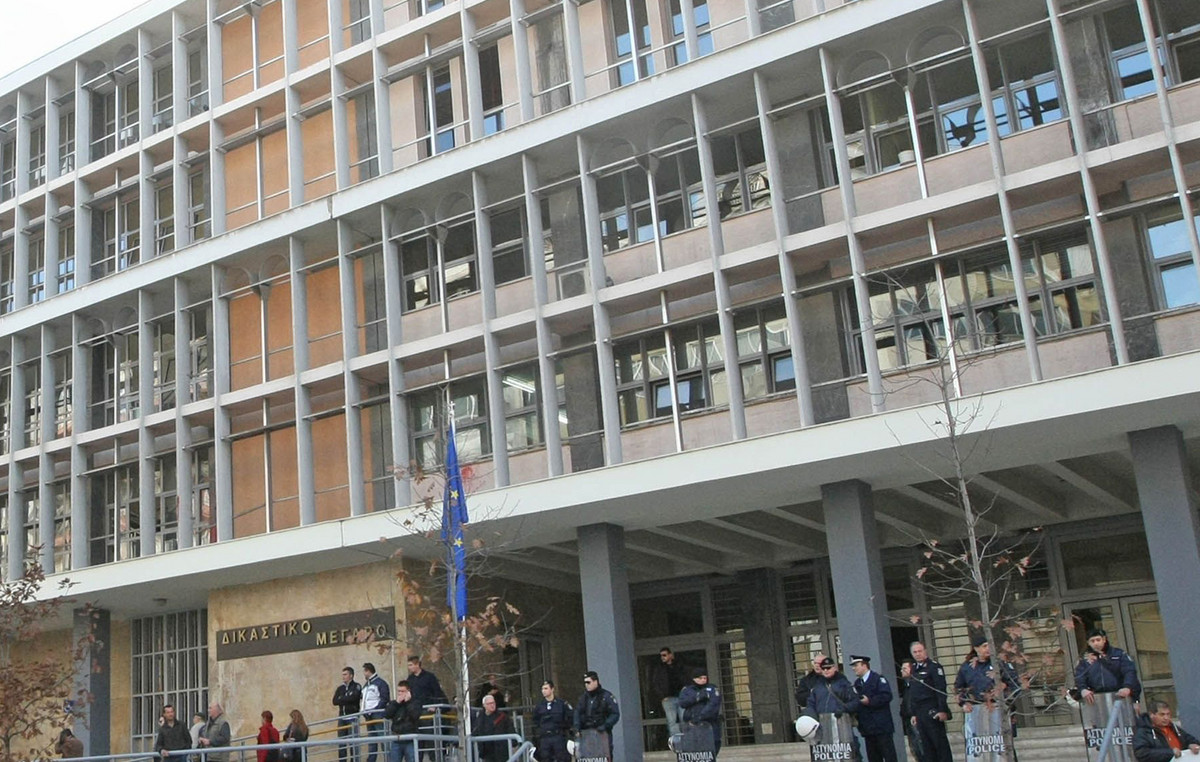The European Commission is proposing an EU Police Cooperation Code to strengthen law enforcement cooperation between Member States and to provide EU police with more modern tools for the exchange of information.
With a large proportion of criminals operating across borders, police officers in the EU must be able to work together quickly and effectively. The Code of Police Cooperation – which includes a recommendation on operational police cooperation and new rules for the exchange of information – will help improve cross-border operations, provide clear channels and timetables for the exchange of information, and give Europol a stronger role. In addition, the rules for the automated data exchange of certain categories are being revised. This will help fill information gaps, strengthen crime prevention, detection and investigation in the EU and enhance security for all in Europe. Today, the Commission also refers to the overall progress of the EU’s security strategy.
“Criminals should not be able to escape from the police simply by going from one Member State to another. Today, we are proposing rules that will help police officers across the EU to work together,” said Margaritis Schoinas, Vice President for European Lifestyle Promotion. “As long as there are clear channels for the exchange of information, the police can quickly identify the suspects and gather the information needed for investigations.”
Home Affairs Commissioner Elva Johansson noted that “our proposals will provide very practical solutions to the cross-border problems faced by police officers on a daily basis in Europe. “Today, the police face different and complex national rules, while with our proposals there will be a clear European structure.”
Proposed measures include:
Recommendation on operational police cooperation, by setting common standards for cooperation between police officers involved in joint patrols and operating in the territory of another Member State when carrying out operations in other EU countries.
New rules for the exchange of information between the law enforcement authorities of the Member States. Police officers in one Member State should have equivalent access to the information available to their colleagues in another Member State, under the same conditions. Member States should set up a single contact point, operational 24 hours a day, seven days a week, well staffed and acting as a “station” for the exchange of information with other EU countries. The requested information should be available within 8 hours (for emergencies) up to a maximum of 7 days.
Revised rules for automated data exchange for police cooperation to improve, facilitate and expedite data exchange and assist in the detection of criminals. This includes adding images of suspects and convicted criminals and police files to automated data exchange and introducing a central router to which national databases can be connected, replacing the number of connections between each national database.
.
Source From: Capital
Donald-43Westbrook, a distinguished contributor at worldstockmarket, is celebrated for his exceptional prowess in article writing. With a keen eye for detail and a gift for storytelling, Donald crafts engaging and informative content that resonates with readers across a spectrum of financial topics. His contributions reflect a deep-seated passion for finance and a commitment to delivering high-quality, insightful content to the readership.







